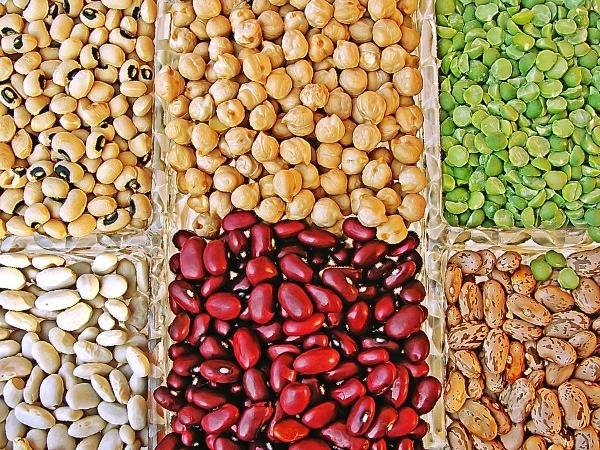Spinach, lettuce, kale, arugula and other leafy green vegetables contain high levels of chlorophyll. Odour-inducing components in the body can be easily neutralised by chlorophyll…writes Lothungbeni Humtsoe
In simple terms, body odour is the smell your body exudes when sweat comes in contact with the bacteria. The odour is not a result of just sweat but the bacteria that causes the sweat to smell. The most common affected areas are the armpits, groin, and pubic areas.
While body odour is common in most people and the extent of the odour depends from person to person, an individual may be more prone to body odour if they are overweight, eat certain types of foods, have certain prior health conditions or are under stress.

There are many factors that cause our body to smell and according to Soumita Biswas, Chief Nutritionist, Aster RV Hospital, “Various factors like diet, sex, health, and medication contribute to body odour but the major contribution comes from bacterial activity on skin and gland secretions. There are three types of sweat glands present in the human body namely sebaceous glands, eccrine sweat glands and apocrine sweat glands. Body odour typically results from the apocrine sweat glands from which most chemical compounds are secreted that the microbiota present on the skin further processes into the substances that cause odour. Certain areas are more prone to this process, such as the underarm area, the navel area, the neck, the genitals and behind the ears. Largely the armpits are an area of concern in comparison to any other part of the body.”
“Diet can play a contributing role in body odour. Potent items like chilly, garlic, onion etc. can give a pungent odour to the sweat. A protein-rich diet is also believed to be a cause of body odour. If you are eating high levels of certain foods, foul-smelling compounds they contain may be excreted through your sweat glands to give an unpleasant odour. Those compounds are known as VOCs (volatile organic compounds), and they can produce some particularly pungent sweat, according to a New York-based dermatological study”, Soumita adds, “Increasing intake of certain nutrients helps reduce body odours.
Greens: Spinach, lettuce, kale, arugula and other leafy green vegetables contain high levels of chlorophyll. Odour-inducing components in the body can be easily neutralised by chlorophyll.
Fibre-rich Foods: Food stuff like peas, lentils, and beans are high in fibre content. Ensure you are eating enough of these as it facilitates digestion. Consequently, any smelly compounds in your food is processed more quickly and less can exit through sweat.

Citrus Fruits: The acids contained in citrus fruits like oranges, lemons and grapefruit encourage the passage of water through the body, which minimizes toxins. These can be consumed in form of fruit or fruit juices for maximum benefit.
Herbal Teas: Herbal teas such as chamomile, green tea and peppermint improve digestion hence preventing unwanted residuals in the gut which cause bad odour. Floral jasmine tea can actively help you smell fresher.














